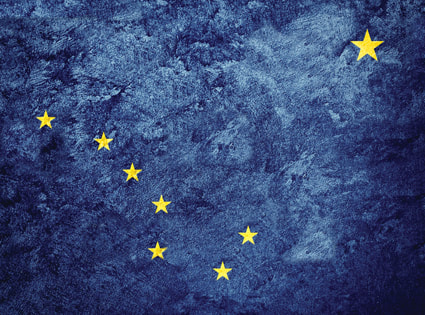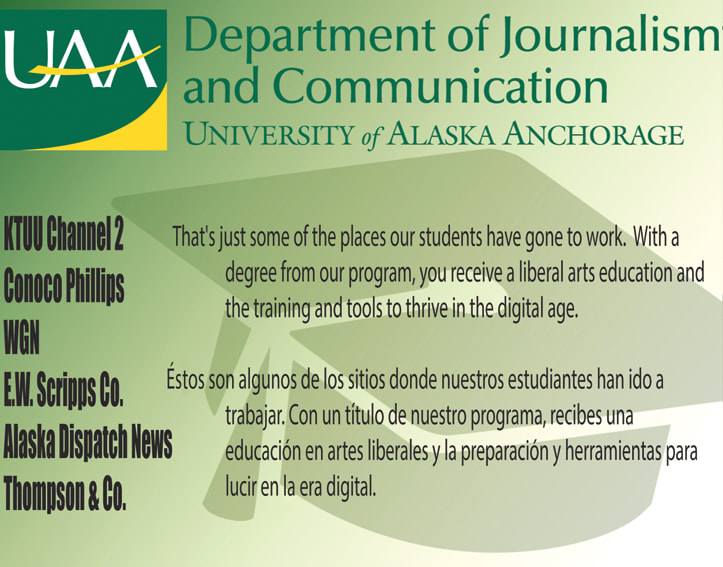|
We Alaskans like to believe that our lives exist in a vacuum; we imagine that we make all the decisions for ourselves and for our families without any outside influence. In many ways, we are right to point out our independence. Alaskans hunt, fish, and gather our food at higher rates than anywhere else in the nation.
While this is especially true in rural parts of the state where prices at the local store are prohibitively high, it is also true in Anchorage and other communities along the road system. Another arena in which Alaskans have proven our self-reliance is in energy production. Communities around the state are switching from costly, inefficient sources like diesel to clean and renewable energy, such as solar, wind, and fish-friendly hydro. As these green “micro-grids” spring up across the state, they are also attracting attention from developing parts of the world that are looking to learn from their success. But while Alaska’s elements of food security and growing movement for energy independence are worth celebrating, they belie a greater truth: that our 49th state is among the most dependent on federal dollars. Between federal public lands, military installations, 229 federally recognized tribes, and thousands of miles of coastline and the federal waters just a few miles offshore; the federal government plays a major role in the daily lives of Alaskans. Just as it happens at the national level, the myth of independence fails to hold up for our state and local governments. Over 90% of state revenue comes directly from one industry: oil and gas. Our economic dependence on one resource has suffocated our state government’s ability to raise additional revenue and diversify our economy. Reliance on oil and gas royalties to fund basic services coupled with the low price of oil has led us into a state fiscal crisis, which has trickle-down effects on our local cities, boroughs, and the Anchorage Municipality; local governments have increased property and sales taxes to close the gap amidst shrinking supplies of state funding. Between work, family, and the various roles that each of us fills in our communities, we have all got a lot on our plate these days. While it is tempting to focus on our needs as individuals just to make it through the day, doing so clouds our understanding of the bigger picture. Do you know who your local Assemblyperson is? What about your representatives to the State House and State Senate? Many of us know Governor Walker’s name, but how many of us know the details of what he has done since he was elected in 2014? Did you know he is the country’s only Independent governor? Despite the media attention to Washington, D.C. and the antics of the man sitting in the White House, most governing is done right here in Alaska, either in Juneau or at City Hall. This is good news for each of our families and for the health of our democracy—because it means that community members have the greatest level of access to the branch of government that makes the biggest difference in their daily lives: property taxes, school funding, fire and police, road maintenance, parks and trails. Let us not take our democracy for granted. Public process is open to the public for a reason, because the best decisions are made when everyone has a chance to have their voices heard. Your next chance to have your voice heard in a citywide election is just a few months away: Tuesday, April 3rd. In 2018, one of the most important considerations on the ballot will be whether we elect Mayor Ethan Berkowitz for a second term or if a yet-undetermined opponent will take his place. In addition to your choice for Mayor, you will also have the opportunity to weigh in on ballot questions, like Proposition 1, an anti-transgender measure that would seek to bar transgender people from using the bathroom that matches the gender they outwardly express. Is your voter registration currently up to date? Our April election will be conducted entirely vote-by-mail, which means your ballot will be mailed out to the address you have on file with the Division of Elections. If you are not currently registered at the correct address, visit https://voterregistration.alaska.gov/ to update your address and ensure you will receive your ballot. |

